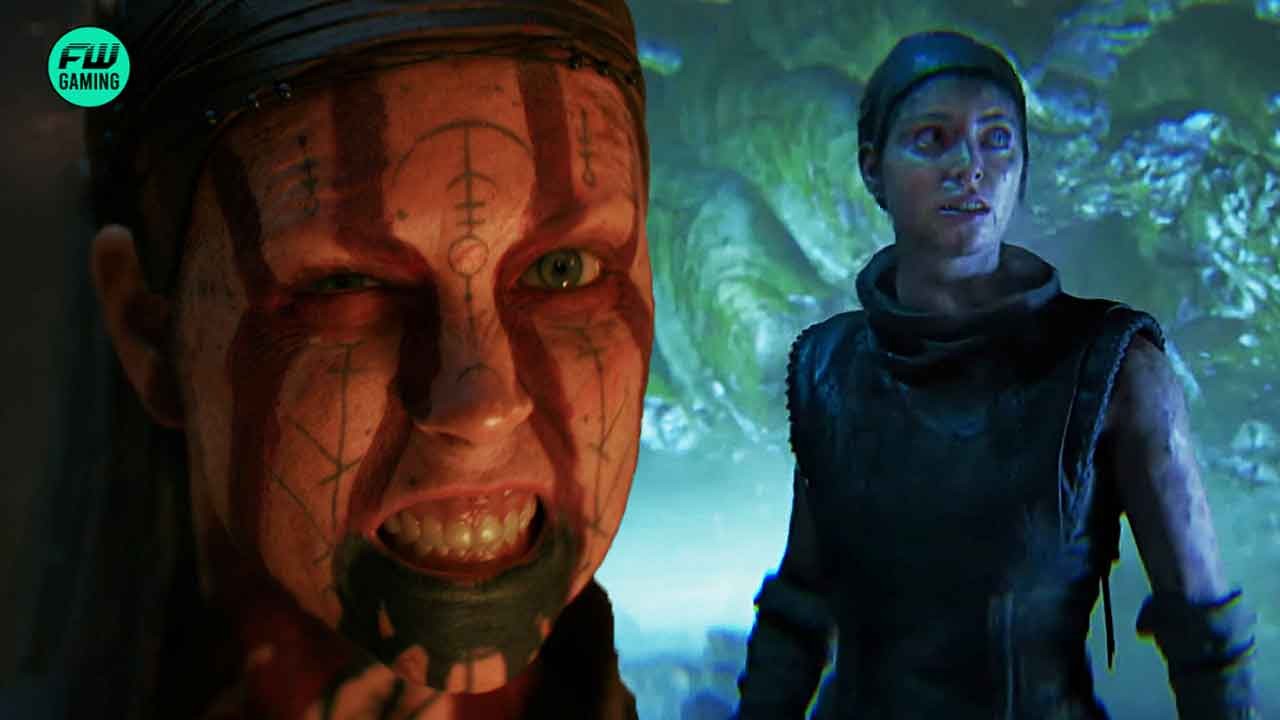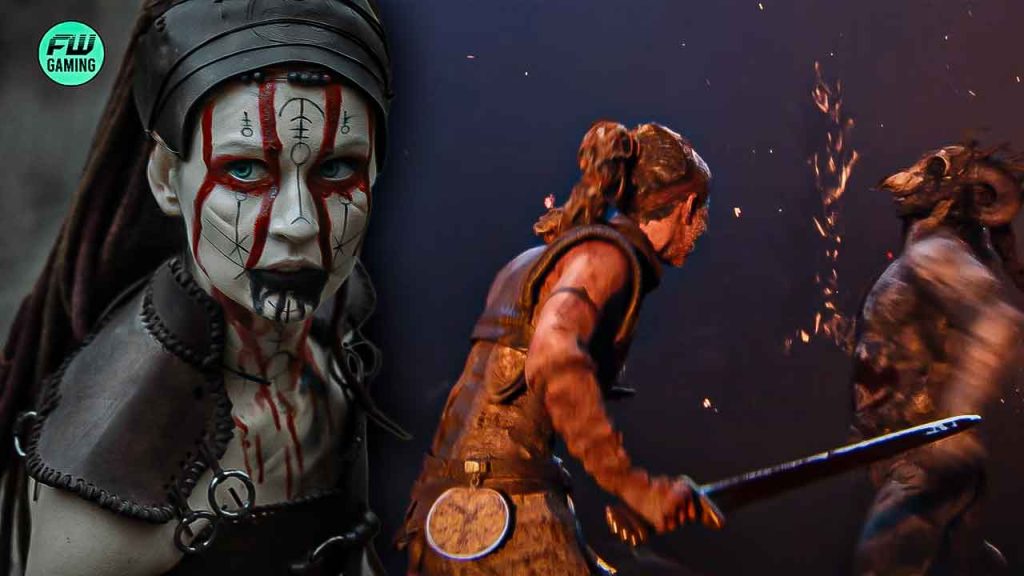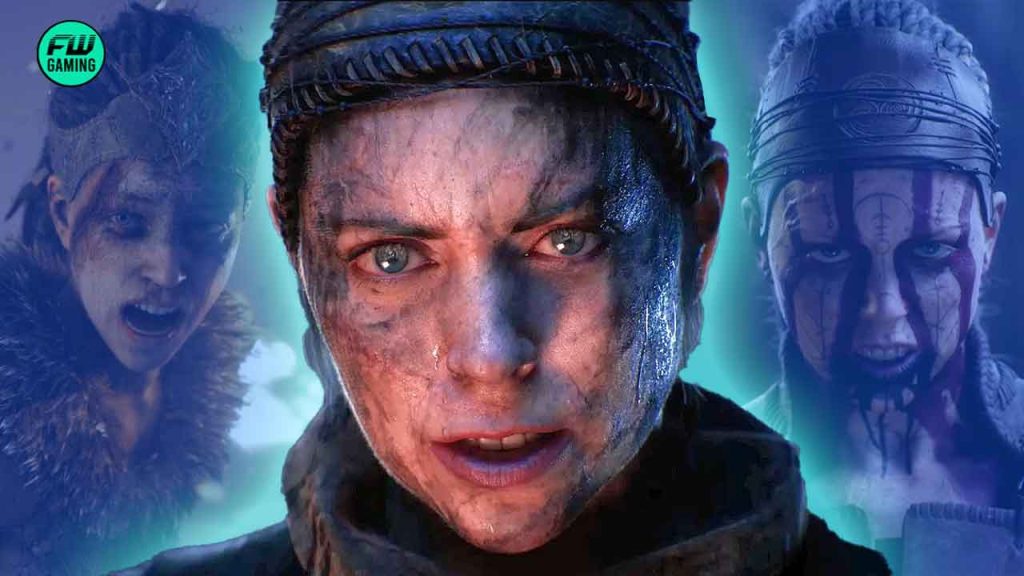The arrival of Hellblade 2 marks an important time in the gaming industry. The game is not just your typical single-player action adventure title. Instead, it dives into some of the more complicated aspects of mental health, using heavy themes as a medium for storytelling rather than ignoring them.
An important part of the game design process has been emphasizing Senua’s psychological state as a journey rather than her identity. Given how successful the first game was at handling these themes, Hellblade 2 is going to be equally as powerful, if not more.
Ninja Theory Has Been Extremely Careful With Creating Hellblade 2
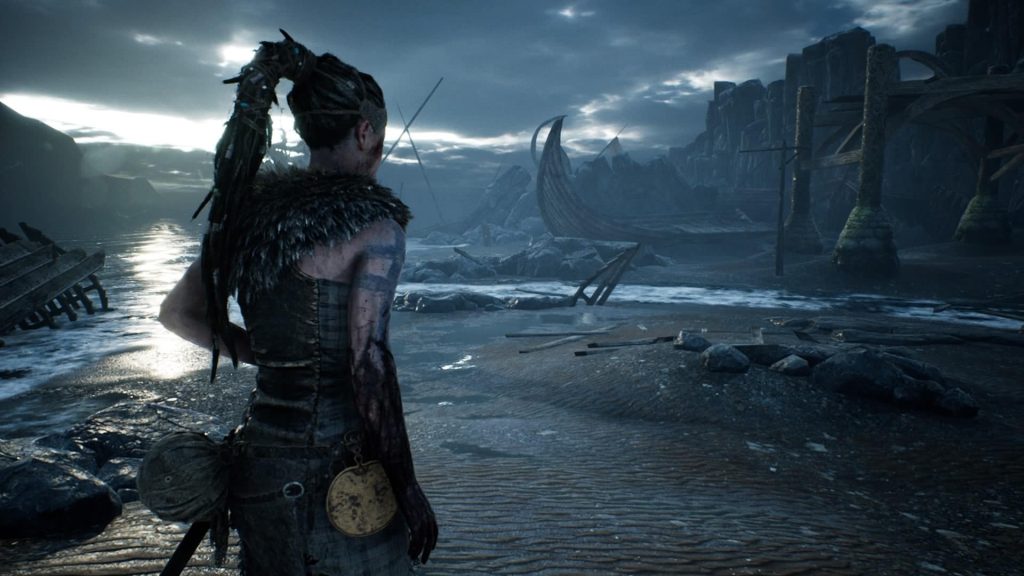
Behind the magic that went into creating the Hellblade games, there has been a lot of research and empathy that marks the experience as a kind and nurturing one rather than a triggering one. In light of this, GamesRadar+ came to understand this better when an expert was involved.
A psychiatrist and professor of neuroscience at Cambridge University, Paul Fletcher has been involved in the process of developing Senua’s Saga: Hellblade 2. In an advisory position, Paul has been making sure that Senua’s journey in the games isn’t something that takes mental health lightly.
Fletcher claims that the first game received a lot of great feedback, especially with how Senua’s narrative dealt with themes of psychosis and depression:
The feedback we went on to receive from the first game was just, to me, utterly unexpected and so gratifying and validating.
However, not everyone agreed. In fact, there was an article in particular where the writer admitted that Hellblade didn’t reflect the true nature of their psychosis, giving developers a heads-up for Hellblade 2.
How Hellblade Helped a Player Understand Himself Better
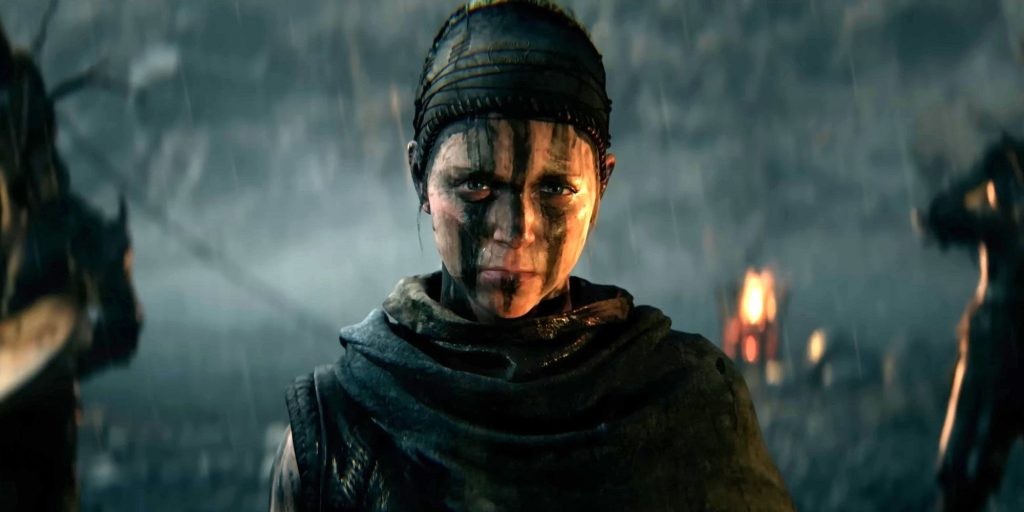
Fletcher further spoke about how there was a particular person (a mother) whose son felt understood and accepted the idea that he wasn’t alone in his struggle with mental health.
The player was contemplating suicide at that time, but playing Hellblade helped him cope better with a lot of things:
He played Hellblade and felt sufficiently understood, that he then went to seek help. That sort of thing is a possibility.
Fletcher continued:
And I do think that just in the right place at the right time, if you give the right message, it’s amazing how that can switch the rails and send someone in a different direction. So, you can dare to hope.
Fletcher and the team behind Hellblade 2 are certainly doing their best to keep this philosophy alive, and the next game in Senua’s journey will determine how similar games can handle heavy themes around mental health in empathetic and thoughtful ways.
What are your thoughts on Hellblade 2’s sensitive themes? Are you planning to get the game upon release? Let us know in the comment section below.

